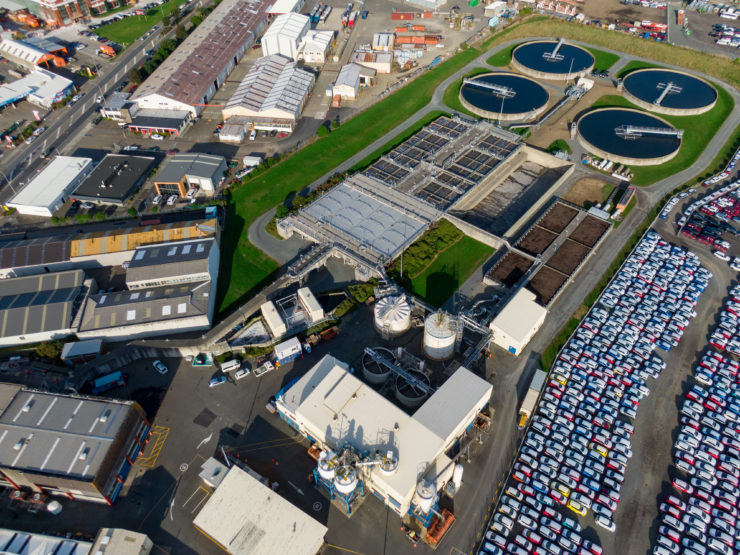For the average Kiwi, the questions they want answered by MPs and parties jostling for their votes probably revolve around the cost of living, tax fairness, housing, the environment, law & order.
The result of the October election will also herald which way central government moves on issues key to councils: Three Waters and RMA reform, transport funding, the National Policy Statement on Indigenous Biodiversity (‘significant natural areas’) and even whether we’re going to see another round of local government restructuring/amalgamations.
Mandated Three Waters restructuring – or not – is a big one.
Hutt City Council has already opened initial consultation on our next Long-Term (10-year) Plan. But it’s difficult, to say the least, to deal with budgets, head count and debt headroom with no certainly on whether the way forward post-October is Labour’s slightly-less-mega 10 new water entities, or National’s hands-off approach, albeit missing the potential for savings from reform ‘economies of scale’.

Quick re-cap on where we’re at:
Pretty much everyone agrees there has been widespread under-investment in water, stormwater and sewage networks. Consultants’ reviews for the current government suggest as much as $185 billion will be needed between now and 2050 to remedy the infrastructure backlog, fund necessary upgrades and cope with threats from climate change.
Despite doubling of investment in Three Waters infrastructure in the last few years, the funding shortfall against what is budgeted in Lower Hutt is at least $1 billion to meet future growth, and that excludes a replacement or upgraded Seaview waste water treatment plant and stormwater upgrades to account for stricter discharge consent conditions on the medium-term horizon.
Labour had proposed moving to four new ‘mega’ water entities, capturing Councils’ existing Three Waters assets, enabling greater borrowing power to spread costs over a longer period, harnessing shared expertise to deal with the increasingly complicated workload and workforce shortages, and driving savings through economies of scale.
But in April this year, in the face of widespread discontent about co-governance of the new entities and criticism they would be too remote from/under-accountable to the communities they served, Labour watered down their restructure to 10 new entities. The Hutt would be part of entity G (essentially the same boundaries of the existing Wellington Water services delivery company, but tacking on the Kapiti Coast, South Wairarapa and Masterton councils missing from the current set-up).
Re-branded “Affordable Water Reforms”, Labour says the 10-entity model will give individual councils a bigger say but achieve the balance sheet separation that will allow the new entities to borrow larger sums. Mana whenua would still have 50% of positions on the regional oversight body that would appoint the entity’s operational board.
This less drastic reform, which would give each council at least one member on the oversight board, comes at a cost – but not nearly as much as some have made out. Estimates on the Dept of Internal Affairs website show (in 2022 dollars) that with no reforms, the average Lower Hutt household would pay $5280 p.a. in Three Waters costs. Under the 10 entity model, the average household would pay $2,280 (not a much greater cost than the estimated $2030 with the 4 entity model).
What’s National saying? It would leave Three Waters responsibility with councils but require them to demonstrate “a clear plan to deliver ongoing investment in water infrastructure”. It would establish a Water Infrastructure Regulator within the Commerce Commission to set and enforce standards for long-term water infrastructure investment.
Councils would be required to ringfence money for water infrastructure and not spend it on other services.
But just when you might think it was backing off any sort of restructuring, National adds it “supports greater access for councils to long-term borrowing.
“One way to improve access to borrowing would be for neighbouring councils to form Regional Council Controlled Organisations. Ultimately, it is up to the councils but we would envisage it is likely a number of regional groups will emerge to deliver better water services.”
My own opinion: Hutt City cannot afford all the three water and infrastructure upgrading challenges coming at us without change, and greater ability to borrow.
Whether it’s best to go for Labour’s Entity G (with greater scope for economies of scale savings but the potential risk of cross regional subsidisation), or National’s Regional Council Controlled Organisation (essentially an expanded Wellington Water, with councils keeping the assets on their books, and no co-governance) is the voters’ choice.
Leave a Reply